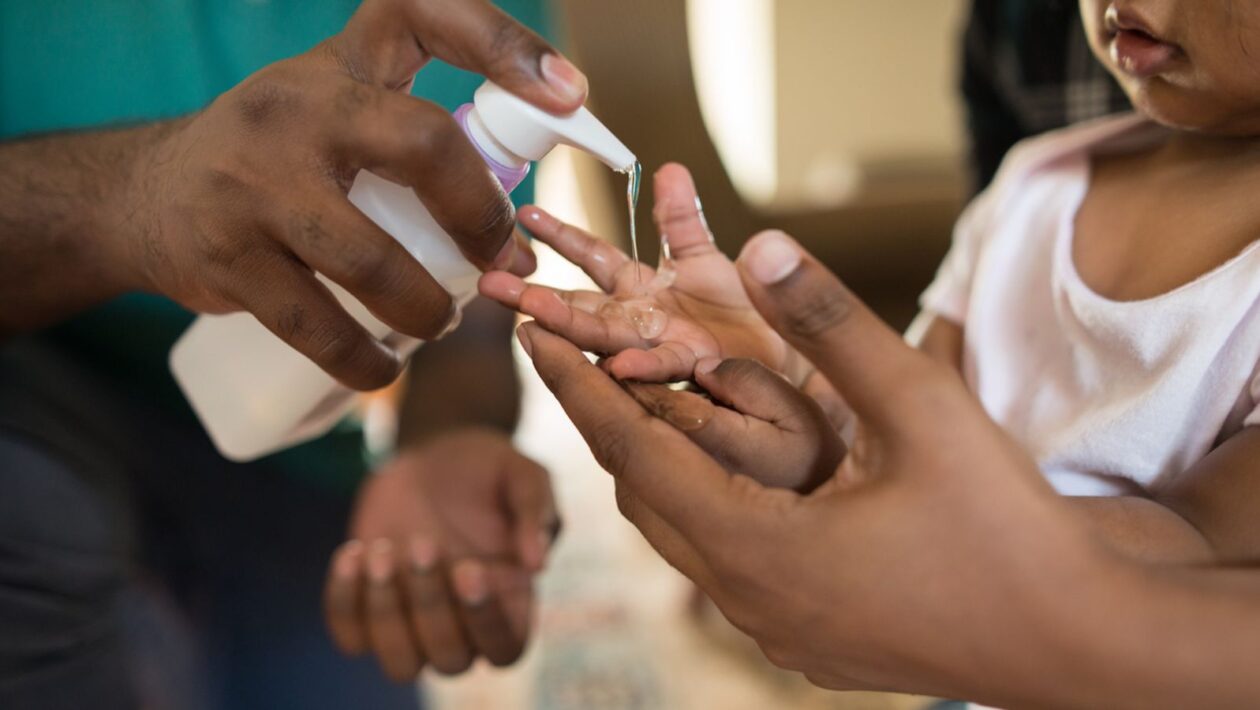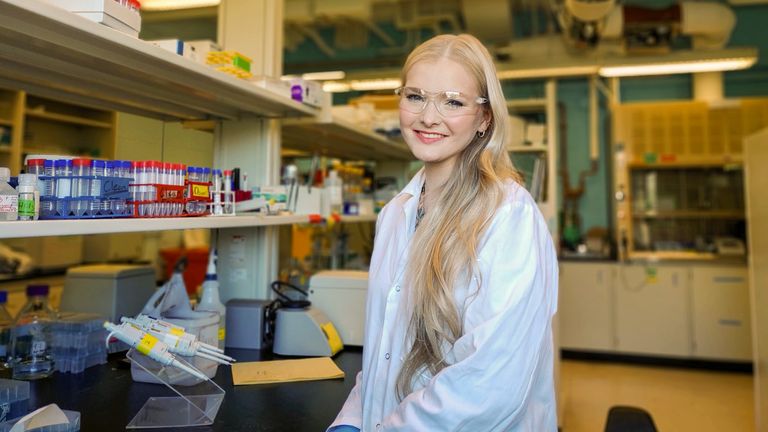[ad_1]
Dangerous bacteria could become resistant to antibiotics because of certain household items being flushed down the drain, a study warns.
Products like soap and toothpaste can contain the chemical triclosan, which fights off the bacteria we seek to protect ourselves from when brushing our teeth or washing our hands.
But because of the sheer quantity of these items being flushed away, bacteria that hangs out in sewage sludge risks becoming increasingly used to it.
Researchers in Ontario, Canada, found that triclosan has become the predominant antibiotic in the city’s sewage impacting E. coli, which is a bacterial infection that can cause severe stomach pain and even kidney failure.
It can be caught by eating contaminated food, drinking inadequately treated water, and from contact with infected animals or people.
The worry is that bacteria that is continuously exposed to antibiotics could become so resistant that it develops “superbug” status, potentially making them invulnerable to treatments we rely on.
Between 2014 and 2016, there were 700,000 deaths attributed to antibiotic resistance globally.
‘More action needs to be taken’
The lead author on the Ontario study, Holly Barrett from the University of Toronto, said even “very low levels” of triclosan could cause antibiotic resistance to form over time.
“Since there are so many different antibiotics in the sewage sludge, we were surprised to find that the majority of antibacterial activity of the sludge could be directly linked to triclosan alone,” she said.
Ms Barrett called for greater regulation of the use of the chemical in household and cosmetic products, following the lead of the US Food and Drug Administration.
In 2016 and 2017, the FDA banned triclosan from being used in antibacterial liquid soaps and topical antiseptics in health care settings.
“More action needs to be taken,” Ms Barrett warned.
Some companies have taken it upon themselves to stop using the chemical.
Most toothpaste brands, for example, have removed it from their ingredients in recent years.
However, there is no actual ban in the UK, and it can still be found in certain products, such as the hand sanitiser bottles many have become more familiar with since the COVID-19 pandemic.
The sanitiser pictured above, made in England, lists triclosan as one of its ingredients.
Sky News has contacted the government for comment.
For more on science and technology, explore the future with Sky News at Big Ideas Live 2022.
Find out more and book tickets here
[ad_2]




